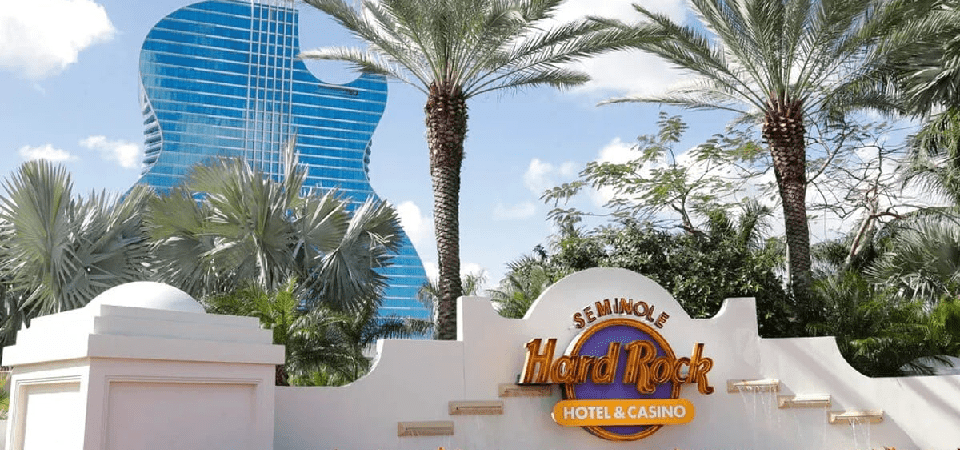

On Monday, the US Supreme Court declared that it would not consider an appeal of Florida's ruling permitting the Seminole Tribe to run online sports betting via computer servers situated on Native American sovereign territory.
The lawsuit contesting the US Department of the Interior's 2021 approval of Florida's new Class III tribal gaming agreement with the Seminole Tribe was dismissed, according to the highest court in the country. The Indian Gaming Regulatory Act (IGRA) was allegedly broken by the compact, which allows the tribe to accept remote online sports bets from anywhere in the Sunshine State, according to plaintiffs West Flagler Associates and the Bonita-Fort Myers Corporation.
"The Seminole Tribe of Florida applauds today’s decision by the U.S. Supreme Court to decline consideration of the case involving the Tribe’s Gaming Compact with the State of Florida,” a Seminole statement read.
The tribe was not listed in the lawsuit as a defendant. The DOI's attorneys argued that the compact did not violate IGRA because online sports bets are made possible by computer servers that are located on sovereign territory.
On November 7, 2023, the Hard Rock Bet sportsbook opened for business again online. In December, the six land-based casinos owned by the Seminoles welcomed back Hard Rock Bet sportsbooks.
Compact Wins
The Indian gambling Rights Act (IGRA), which was signed into law by President Ronald Reagan in October 1988, permits federally recognized tribes to operate Class I and II gambling on their sovereign grounds. This includes bingo-based games as well as other small-scale games of chance including pull-tabs and nonbanked card games like poker. Federally recognized tribes must sign compacts with their host states in order to engage in Class III gaming, which includes live dealer table games, house-banked card games like blackjack, slot machines a la Vegas, and sports betting.
In 2021, Florida Governor Ron DeSantis (R) and Seminole leaders revised the tribe's Class III gaming compact to add new casino table games including roulette and craps, as well as retail and online sports betting. The Seminoles agreed to pay the state an estimated $20 billion over the course of the agreement's 30-year duration, as well as $2.5 billion over the first five years.
West Flagler and Bonita-Fort Myers, the company that operated the Bonita Springs Poker Room and formerly the Magic City Casino in Miami, put up a fight against the online sports betting component. The only rights to slot machines outside of Miami-Dade and Broward counties belong to the Seminoles.
The plaintiffs claimed that the IGRA is broken when someone wagers on sports while not physically present on Seminole territory. On the argument that the wager isn't finalized until a sportsbook computer server situated on sovereign territory executes it, federal attorneys for the Interior Department disagreed. Consequently, the defendants stated that no tribal gambling takes place outside of the tribe's reserve.
State Appeals were rejected
A significant legal setback was also given to West Flagler and Bonita-Fort Myers last autumn when the Florida Supreme Court declined to grant an injunction prohibiting Seminole sports betting.
The top court in the state said that the plaintiff's request for a writ of quo warranto—an order requiring Florida to explain how it arrived at its decision to allow online tribal sports betting—was not “the proper vehicle” for contesting the compact. As a result, the court dismissed the lawsuit.
In that instance, DeSantis and the Florida Legislature were challenged by West Flagler/Bonita-Fort Myers over their authority to increase tribe gaming through online sports betting. The lawsuits referred to the statewide referendum that Floridians passed in 2018 mandating voter permission for any new commercial gaming ventures.
